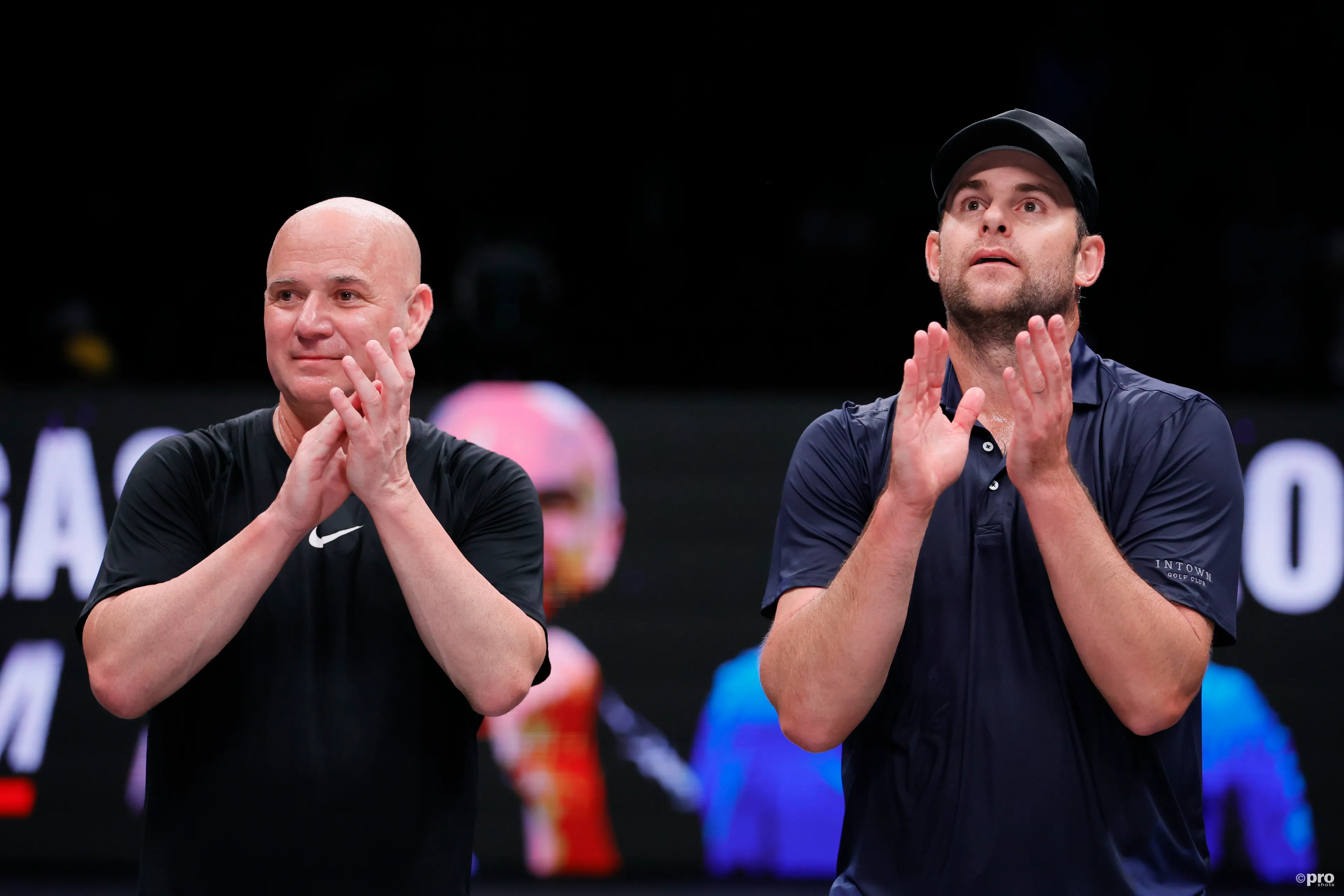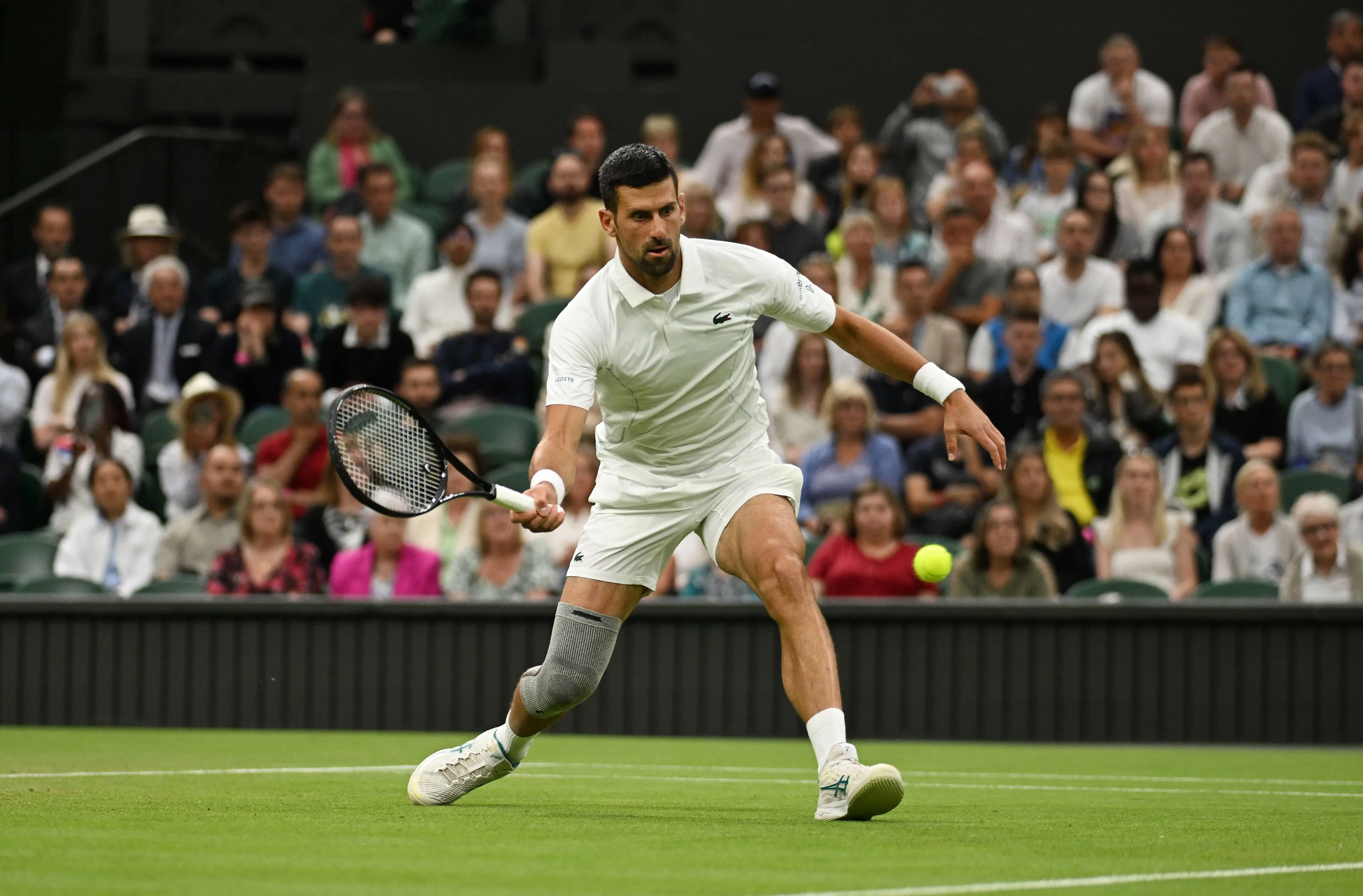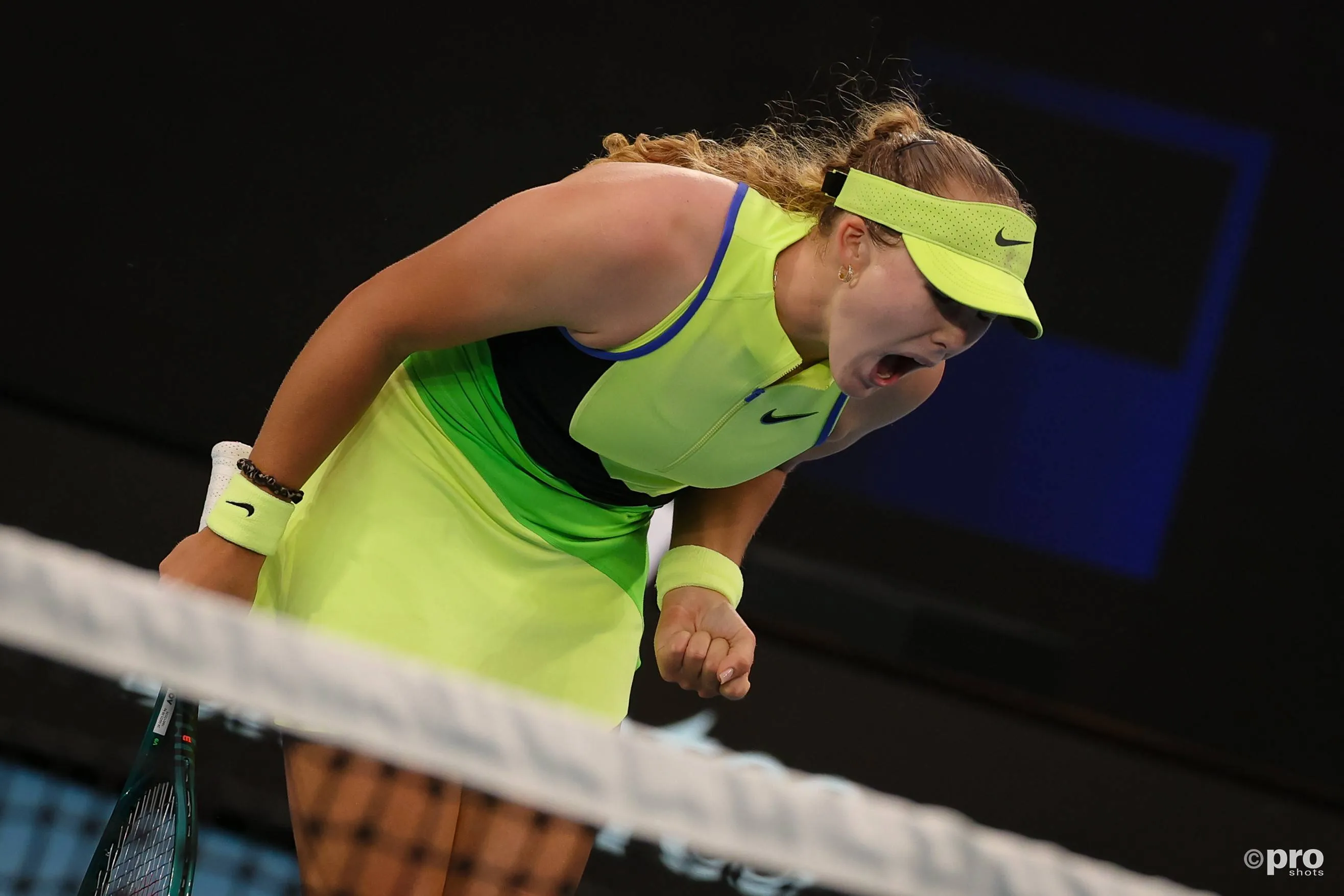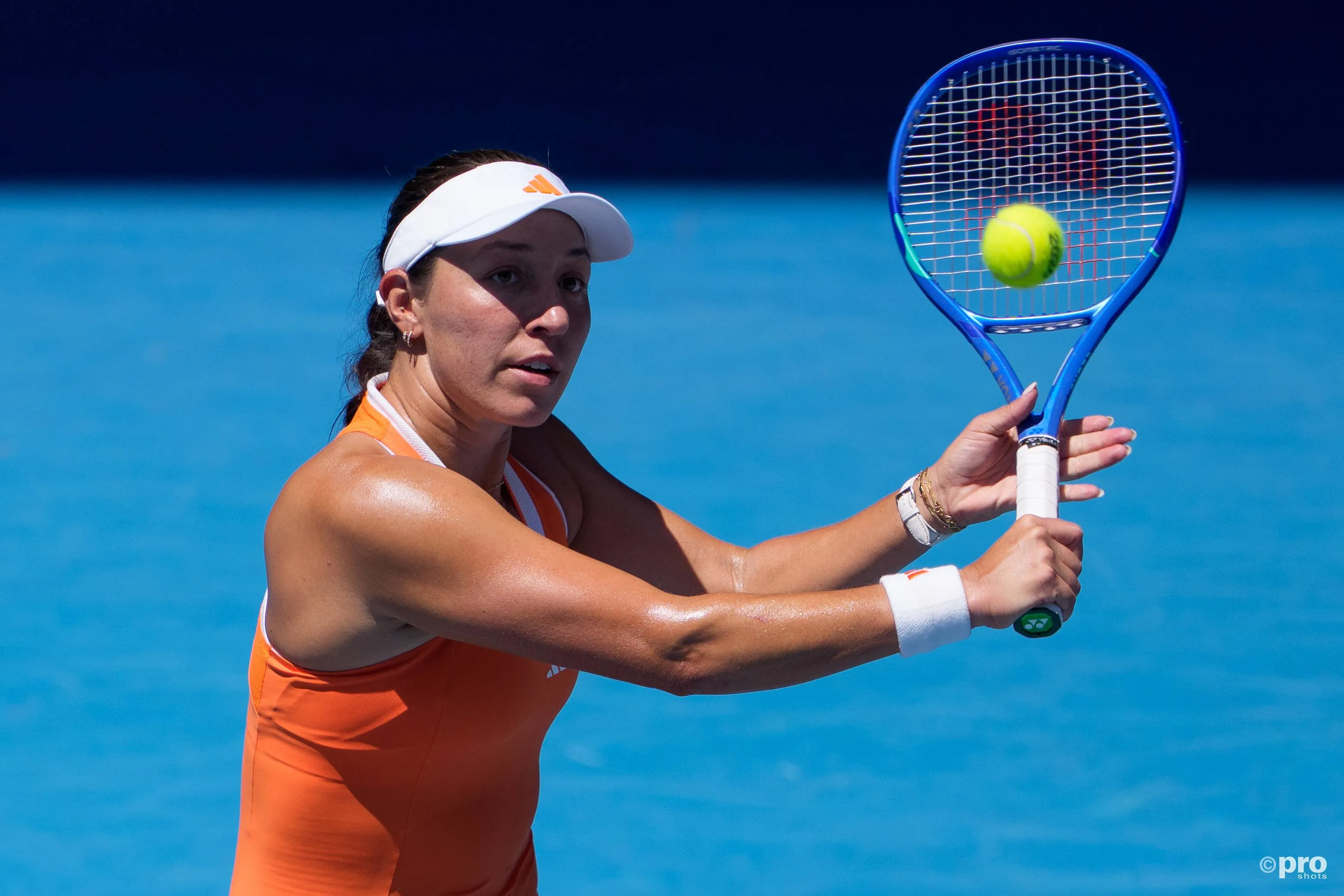"It sucked being a part of the match," Isner recalls longest-ever match on Roddick's podcast.
ATPWednesday, 24 July 2024 at 01:00

John Isner was the guest on "Served with Andy Roddick" and reminisced about the epic 3-day, over 11-hour match at Wimbledon against Nicolas Mahut. In 2010, Isner made history as the winner of the longest match in tennis history, finishing 6-4, 3-6, 6-7(7), 7-6(3), 70-68.
With a total of 183 games played between June 22 and 24, 2010, the match was suspended twice and broke several records. The match began on Tuesday, June 22, with four sets played before it was suspended due to darkness.
Isner recalls the longest match in history
Resuming on June 23, it became the longest match of all time. At 21:13, the match was suspended again at 59-59 in the fifth set due to bad weather and resumed the next day, with Isner winning 70-68 in the fifth set.
Read also
The duel set records for the most games in a match (183), most games in a set (138), longest set (8 hours and 11 minutes), most aces by one player (Isner, 113), and the second most aces (Mahut, 103). Additionally, there were 18 consecutive games without a break, with each player holding serve 84 times. The match featured the most points played in a match (980), and Mahut set the record for most points won in a match (502).
"We started the second day with a fresh slate. Not a single person was talking about this first-round match. It was 0-0 in the fifth set at the start of the second day," Isner remembered. "And frankly, it was a super boring matchup in regular circumstances," Roddick responded jokingly.
"You know, it was kind of a big moment for me because, at that point, I had established myself as a seeded player at a Slam," Isner added. "I was seeded 20-something. But yeah, it was a totally boring match, probably wasn’t even worthy of Court 18, which is a somewhat big court at Wimbledon."

John Isner at 2021 Wimbledon.
"The first four sets were like an hour and a half. It was like one break each through four sets or something, a couple of tiebreakers," the former world No. 8 said. "So the first four sets went by quickly. We ran out of light, and then the second day was, of course, the nutty day. That was the day some people have spoken about. You must have decided—I don't know what the heck you decided to do—but when I got back to the locker room, you were the only one there," he added.
"How aware were you of the phenomenon in real time, or did you only digest that afterward?" Roddick asked.
"You could see people on their tiptoes trying to get a peek at the match, people without seats, friends lifting them up so they could look onto the court. You could sort of see that. I felt that going on at least while, at that point in the 20s, I was still lucid physically and mentally," Isner commented. "But then, you know, it gets into the 40s, and it became an absolute circus. As you mentioned, the scoreboard broke at some point in the 40s," he remembered.
Read also
"The scoreboard broke in the 40s and didn't work for the rest of the day. But yeah, somewhere in the 20s, I became aware. Then I became really, really acutely aware of it after the match because I don't know if you remember, the World Cup was going on at the exact same time, and England, of course, was in the World Cup. Our match was the number one story, even above the World Cup.
"It sucked honestly, Andy, it sucked being a part of the match, like awful," Isner added. "I remember, you know, it's Court 18. You do interviews with all the media people on top of Court 18. I'm doing interviews on the court, and he's down there playing doubles. Yeah, the poor guy—that was terrible. I felt awful for him. He was on there battling in doubles, and his hair hadn't moved either," he concluded.
claps 0visitors 0
Just In
Popular News
Latest Comments
- The poor Head Sportswasher has been whining and crying in the media, and basically threatening Saba, Iga, etc. Must be a real Ego Buster when they dangle money and people (especially Women) say, 'No thanks'.
- "Losing-itis" is not uncommon in Emma's small world. Just keeps begging the question, 'What are sponsors paying for? Limited tennis appearances... or Social Selfie Media presence?'
- Dubai can suck it up like everyone else. Just because they think they run the show, they do not. Sportswashing does not give them Power.
- You're losing your mind here.. You use a lot of space, yet inadequate knowledge. Read the WTA Rule Book 2026; it answers all your questions and accusations.
- Why single out Iga and Aryna to punish?, Since when do players get punish because they withdraw from tournaments? Maybe if they both were treated like number one and two players, they would not have this problem. The WTA discriminates against them because of their nationalities, yet they want to make money off them. Every tournament, Iga has harder draws than qualifiers from the beginning to the end. In the Australian Open they stuck Aryna out in the sun the majority of her matches in order to tire her out. She is the number one player in the world and she never got the opportunity to play with the roof closed. If they want these top players to continue playing and making money for them, then they should treat them as such. Otherwise, get the players who they are always giving out cupcake draws to like Pegula to play their tournaments. Lets see how many seats in the audience she will fill. Iga has more fans in the seats than any player in the WTA, yet she is always disrespected and mistreated because of her nationality. The WTA is a corrupt, bias and racist organization. No matter what job someone is on, you cannot tell them that they are not sick or injured.
- LOL. Billie Jean King hates being a woman.
- Pulling out a tournament is not illegal. Therefore, that is no problem. Maybe they need more rest.
- It is simple. If you do not want cameras following you, get away from tennis and go find another job. Cameras and interviews are a part of the job. They do not mind cameras when they are winning. If the women tennis players would put the same amount energy to playing tennis as they do with complaints, women tennis would be exciting to watch.
- Yeah, that's what I would do... be nice and lose a match
- Turns out Swiatek is as big a cheater as Draper (remember vs FAA?)when she didn’t admit to hitting a double bounce drop shot. The blind chair ump didn't even see it on the replay but fortunately got the correct call from someone on the phone (supervisor?) we all saw it…..it wasn’t even a close call. Great win Sakkari !!
Loading










